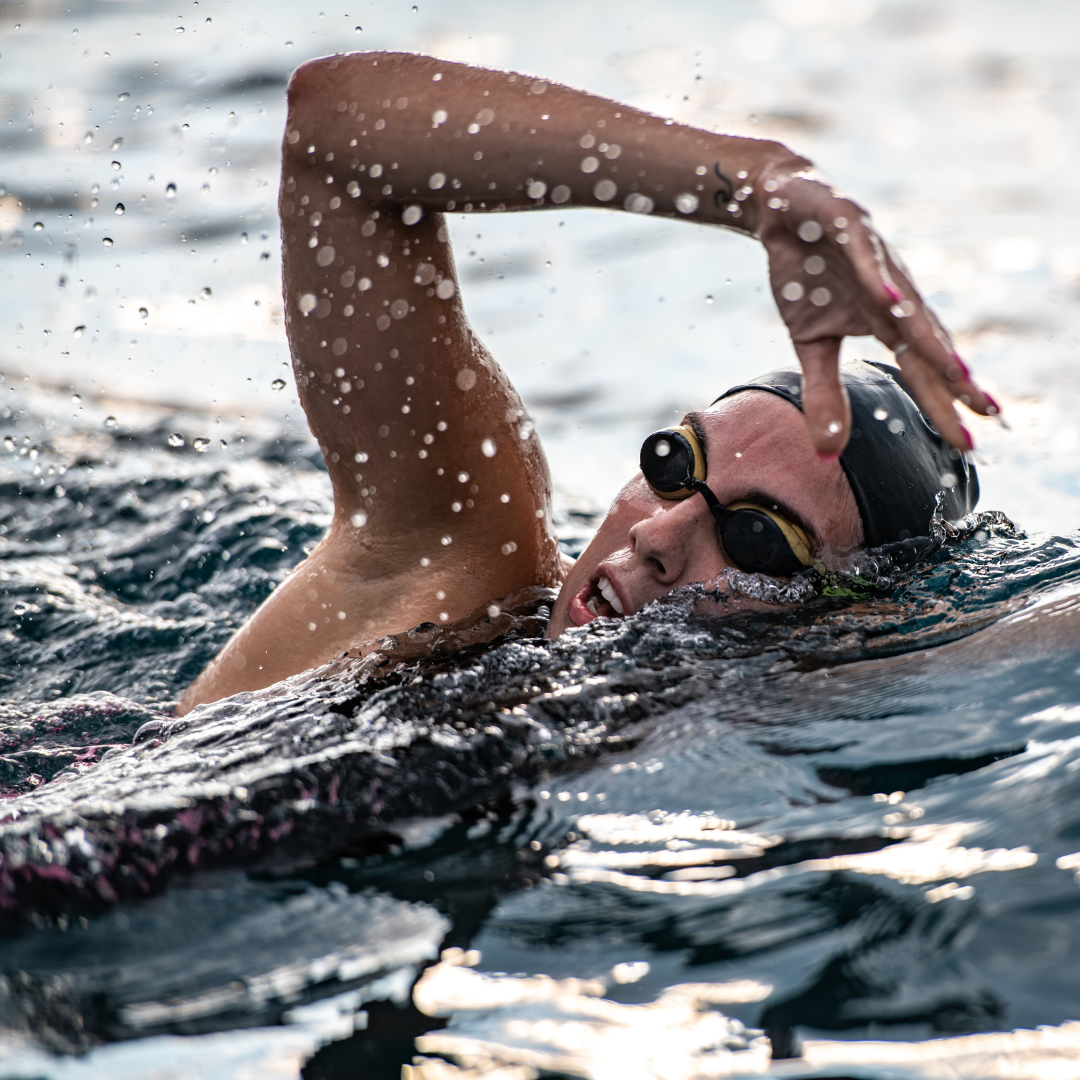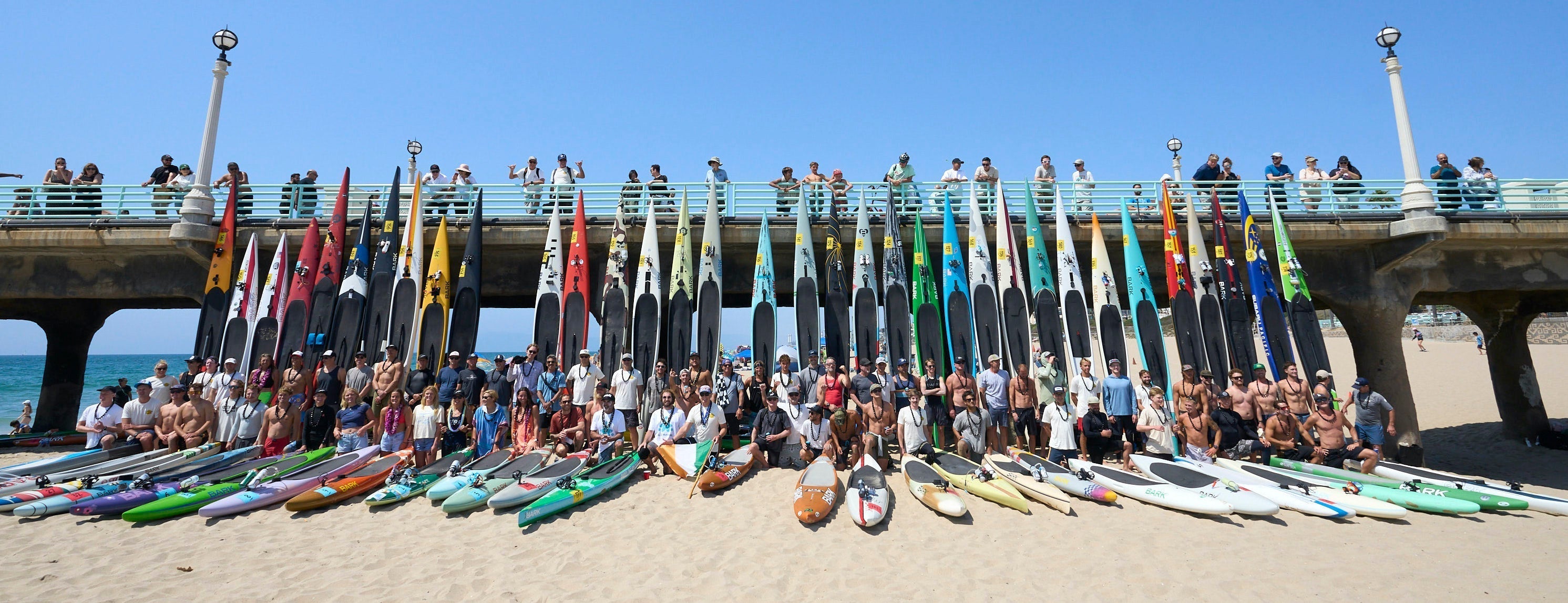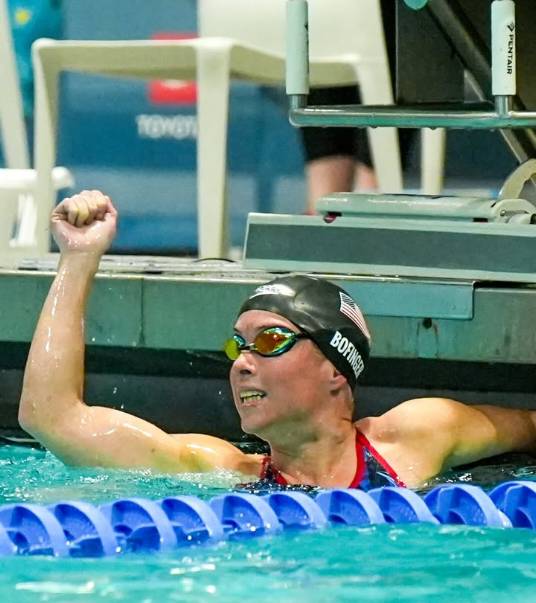Why Triathletes Should Train in Open Water
Training for a triathlon requires discipline, dedication, and a strategic approach to mastering three different sports: swimming, cycling, and running. While pool training is an essential component of preparing for the swimming leg of a triathlon, there are significant advantages to incorporating open water training into your routine. Here are some compelling reasons why triathletes should train in open water.
1. Realistic Race Conditions
Triathlons are typically held in open water environments such as lakes, rivers, or oceans. Training in open water allows triathletes to experience the unique conditions they will face on race day. Factors such as currents, waves, and varying water temperatures can significantly impact performance. By training in these environments, athletes can adapt and develop strategies to handle these challenges effectively.
2. Improved Navigation Skills
Open water swimming requires excellent navigation skills. In a pool, swimmers follow the black line at the bottom, but in open water, there are no such guides. Triathletes must learn to sight and stay on course by periodically lifting their heads to spot landmarks or buoys. Practicing this skill in open water helps reduce the risk of swimming off course during a race, which can save valuable time and energy.
3. Enhanced Mental Toughness
Swimming in open water can be mentally challenging due to the vastness, depth, and sometimes murkiness of the water. Overcoming the initial fear and discomfort of swimming in such conditions builds mental toughness and confidence. This psychological resilience is crucial for triathletes, who must remain calm and focused throughout the race.
4. Adaptation to Variable Conditions
Open water environments are dynamic and can change rapidly. Triathletes who train exclusively in pools may be unprepared for the unpredictability of open water. Training in various open water conditions, such as choppy waves or cold temperatures, helps athletes become more adaptable. This versatility ensures they are better prepared to handle whatever race day throws at them.
5. Improved Endurance and Strength
Swimming in open water often requires more energy than pool swimming due to factors like currents and waves. These conditions force swimmers to engage more muscles and work harder to maintain their speed and direction. As a result, open water training can enhance overall endurance and strength, leading to improved performance in all three triathlon disciplines.
6. Practice with Equipment
Open water training allows triathletes to practice with the gear they will use on race day. This includes wetsuits, swim caps, and goggles designed for open water conditions. Getting accustomed to the fit and feel of this equipment in the actual race environment ensures athletes are comfortable and confident during the event.
7. Community and Support
Many triathletes find open water training sessions more enjoyable and motivating when done with a group. Training with others can provide a sense of community and support, making the experience more enjoyable and less intimidating. Group training also offers opportunities for practicing race-specific scenarios, such as mass starts and drafting.
Conclusion
Incorporating open water training into a triathlete's regimen is essential for achieving peak performance on race day. The benefits of training in realistic conditions, improving navigation skills, building mental toughness, and enhancing physical endurance are invaluable. By embracing the challenges of open water swimming, triathletes can gain a competitive edge and approach their races with greater confidence and preparedness. So, dive in and make open water training a key component of your triathlon journey!





Share:
The Benefits of Swimming for Mental Health
Post-Olympic Training Tips: How to Stay Inspired